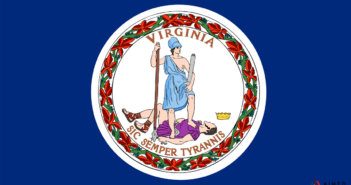
The Congressional Research Service (CRS) released a report last week that analyzes the current legal landscape regarding surprise medical bills. This report also offers insights about how federal solutions could potentially interact with existing state laws. Central to this report was the notion that federal legislation could preempt existing state laws, which have been enacted in about half of the states in the U.S. CRS recommended that Congress draft surprise medical bill legislation with precision so states can be certain about the degree to which their laws are preempted. This could be achieved by including an express preemption clause in the law that clarifies the scope of preemption. CRS also recommended that Congress include an enforcement mechanism to ensure that violations of the law can be properly addressed. The report warned that enacting a federal surprise medical bill policy could result in lawsuits. This is due to the fact that many policy solutions include a dispute resolution mechanism that sets a statutory payment rate for health care services. This payment rate is used to pay out-of-network providers as a substitute for balance billing the patient, but some providers may be dissatisfied with the payment rate, causing them to sue the government.
Last Updated on May 14, 2020 by Aimed Alliance



